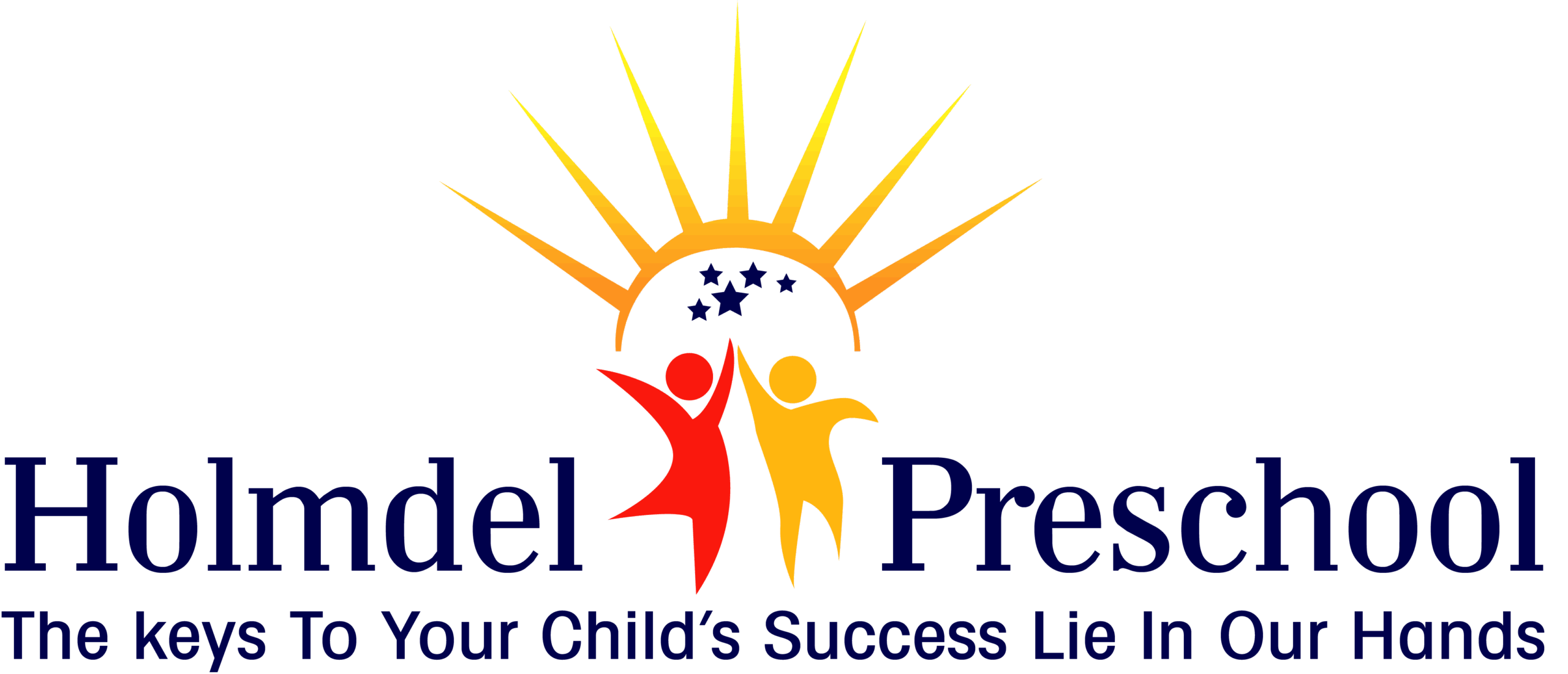What Essential Skills Do They Make You Learn at Pre-Kindergarten?
 Pre-kindergarten (pre-K) is a formative stage where children typically between the ages of 3 and 5 acquire foundational skills that support their emotional, social, cognitive, and physical development. These skills lay the groundwork for academic success and personal growth. Holmdel Preschool is a seasoned pre kindergarten in Middletown, NJ, Lincroft, Hazlet, Matawan, Holmdel, Aberdeen, NJ and surrounding areas.
Pre-kindergarten (pre-K) is a formative stage where children typically between the ages of 3 and 5 acquire foundational skills that support their emotional, social, cognitive, and physical development. These skills lay the groundwork for academic success and personal growth. Holmdel Preschool is a seasoned pre kindergarten in Middletown, NJ, Lincroft, Hazlet, Matawan, Holmdel, Aberdeen, NJ and surrounding areas.
These are the essential skills often taught in pre-kindergarten:
Social and Emotional Skills
Pre-K emphasizes developing social and emotional intelligence. Children learn how to:
• Share and take turns.
• Express feelings appropriately.
• Practice empathy and respect for others.
• Follow classroom routines and rules.
• Build friendships and resolve conflicts.
•These skills help children adapt to group settings and foster a sense of community.
Language and Communication
Language development is a cornerstone of pre-K education. Activities focus on:
Expanding vocabulary.
Listening attentively to stories.
Expressing thoughts and needs clearly.
Engaging in conversations with peers and teachers.
These skills improve verbal expression and comprehension.
Cognitive and Problem-Solving Skills
Pre-K stimulates curiosity and critical thinking through:
Recognizing shapes, colors, and patterns.
Counting and basic number recognition.
Understanding cause-and-effect relationships.
Completing puzzles and simple problem-solving tasks.
These activities build cognitive flexibility and logical reasoning.
Early Literacy Skills
Children are introduced to pre-literacy concepts like:
Recognizing letters and their sounds.
Developing fine motor skills for writing.
Identifying the parts of a book (cover, pages).
Rhyming and phonemic awareness.
These skills prepare children for reading and writing.
Physical Development
Pre-K also focuses on motor skills, including:
Gross motor activities like running, jumping, and balancing.
Fine motor tasks such as cutting, drawing, and threading beads.
By developing these skills, children enhance coordination and self-reliance
Creativity and Imagination
Art, music, and pretend play are integral, encouraging creative expression and problem-solving through imaginative scenarios.
In pre-K, children acquire a balanced mix of skills that nurture their curiosity, confidence, and readiness for formal education.
Should you have any questions, feel free to give us a call.



